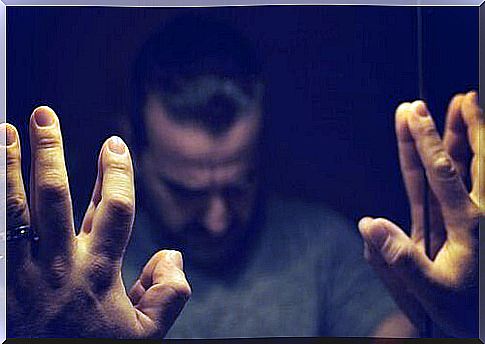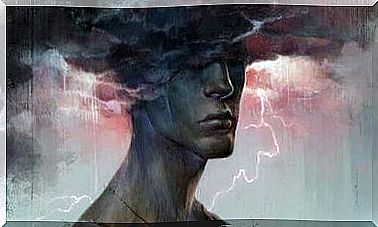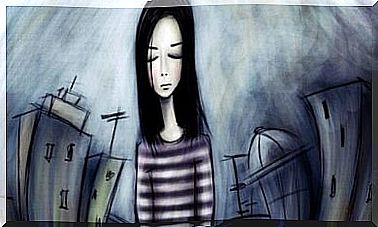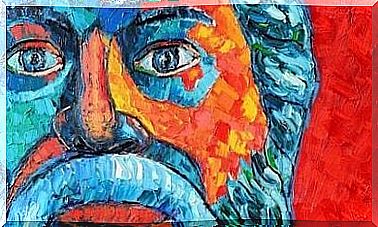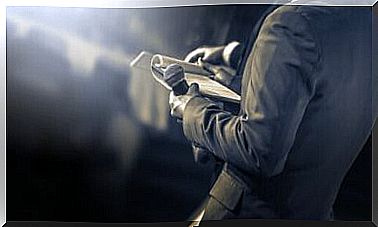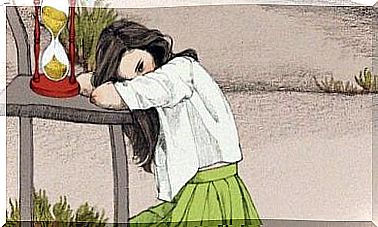Organized Crime: Reasons, Opportunities And Functions
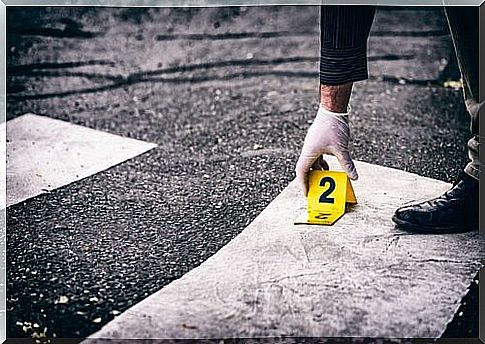
Organized crime is understood as a way of committing crimes. These crimes require a certain level of planning and the joint and coordinated participation of several individuals. Thus, we find criminal organizations in the Mafia like the Italian Camorra, Cosa Nostra and ‘Ndrangheta, or the Italian-American Mafia; in the Yakuza and the Asian Triads; in Colombian and Mexican cartels and in Russian and Eastern European mafias, among others.
The basic attributes of these criminal organizations are:
- We are talking about a set of individuals or groups of individuals
- They associate with each other to achieve certain ends and objectives
- They perform a variety of functions
- These organizations operate in a coordinated fashion and in accordance with certain rules.
- They act with a certain temporal continuity
- They were created for the purpose of obtaining and accumulating economic benefits by mainly illegal means.

Causes of organized crime
Organized crime needs a methodology to be able to operate. These actions often require a great deployment and a high trust between the members of the group; if one of them fails, the goal may become more complicated to achieve, but more importantly, members of the organization may end up in jail.
Moreover, to explain why a person ends up being part of organized crime, we can speak of three factors which have a very great influence: the reasons, the opportunities and the functions.
To set up or join a criminal organization, there must first be a motivation to do so. Certain conditions and opportunities must also exist. What is more, once the person is in it, he must find benefits or functions in it. If the risk of belonging increases, motivation may decrease or disappear.
Macro-social factors
Several theories have tried to explain how organized crime works by taking into account different factors. With regard to macro-social factors, we find the hypothesis of state failure and the hypothesis of the declining economy. As their name suggests, these hypotheses suggest that the failure of a state or its economy would predict the onset of organized crime. However, this theory seems incomplete when one considers that organized crime also exists in prosperous and democratic states.
Other macro-factors that help to understand the birth of organized crime in a certain region are social changes. Migration can, for example, facilitate human trafficking. Technological advances, on the other hand, can encourage the development of new drugs. In addition, it is important to know that a criminal environment always generates more crimes. There will always be someone who wants to take revenge on another person or trample on others.
Geographic factors are equally important. Take for example the situation of Mexico, which is between cocaine-producing countries and a potential market, the United States.
Micro-social factors
Micro-social factors are important but micro-social will also have an essential role. A country may be well situated for the development of organized crime, but, in the end, it is the group that must give it shape. Therefore, factors such as being unable to achieve higher status or the possibility of obtaining earnings are going to be important when it comes to combating organized crime.
On the other hand, groups that feel marginalized may start to form criminal organizations. This would be favored by a lack of control, such as laws prohibiting it or security bodies keeping control over the place. Tort subcultures are also an important factor. Growing up in an environment of crimes will suppose to continue to commit them during one’s adult life. Thus, the learning of certain skills will be fundamental. This will be reinforced by social relations with members of criminal organizations, especially if there is trust.

The personality
Finally, personal factors will also play a decisive role. Even though the majority of members of criminal organizations are men, gender will not determine whether or not a person joins a group. Roles within organizations are increasingly divided between men and women. On the other hand, having already committed crimes or sharing an identity, whether ethnic, cultural, national or regional, will have a greater influence.
In conclusion, one could say that there are different avenues of access to organized crime and, consequently, different profiles of the groups that practice it. Regardless of the path, organized crime requires specialization or special skill. This is especially the case when we are talking about people who occupy an important place in this type of organization: the group wants each position in the organization chart to be occupied by the right person.
